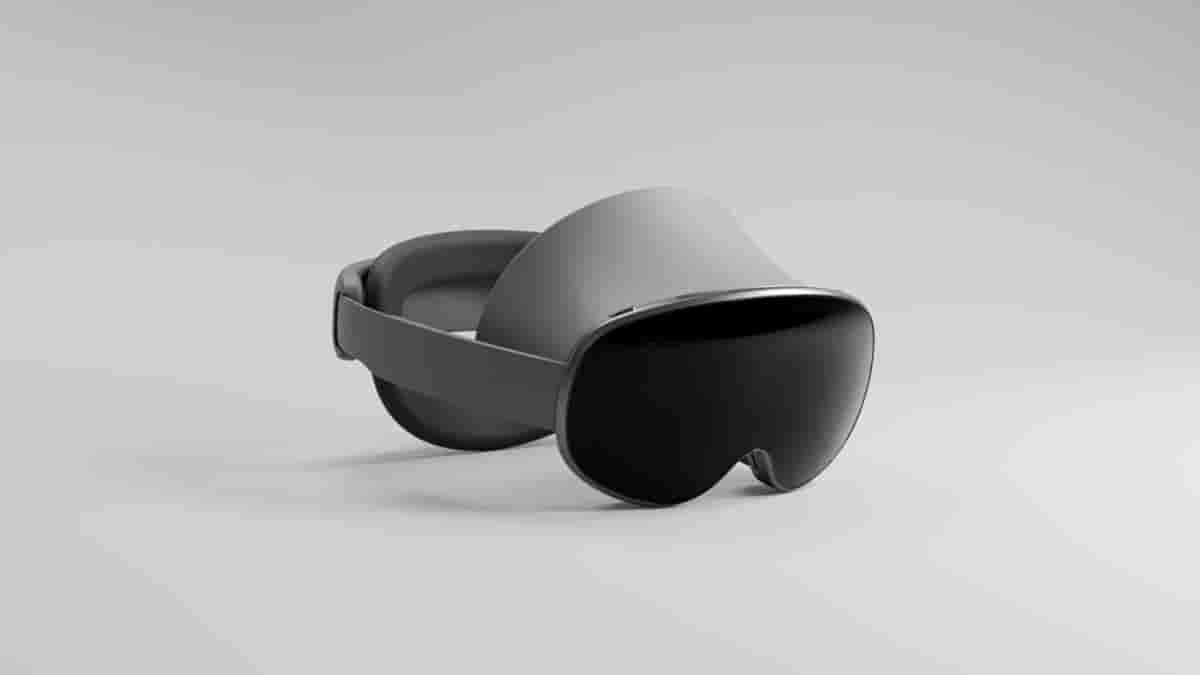Google and Samsung Unveil Android XR Platform, Project Moohan Headset Coming in 2025

In a groundbreaking collaboration, Google, Samsung, and Qualcomm have announced Android XR, a new operating system designed specifically for extended reality (XR) devices. The platform aims to transform how users interact with technology through headsets and smart glasses, powered by advanced AI capabilities.
Samsung’s first Android XR headset, code-named “Project Moohan” (meaning ‘infinity’ in Korean), is set to launch next year. The device will feature state-of-the-art displays, Passthrough capabilities, and natural multi-modal input systems, all packaged in a lightweight, ergonomically optimized design for extended comfort.
The new platform will leverage Google’s Gemini AI to provide a conversational user interface that understands context and responds to voice commands, gestures, and natural conversations. Users will be able to interact with familiar Google services in entirely new ways, including watching YouTube and Google TV on virtual big screens, exploring cities in 3D through Google Maps’ Immersive View, and managing multiple virtual screens with Chrome.
“XR has quickly shifted from a distant promise to a tangible reality. We believe it has the potential to unlock new and meaningful ways to interact with the world by truly resonating with your everyday lives, transcending physical boundaries,” said Won-Joon Choi, EVP and Head of R&D, Mobile eXperience Business at Samsung.
Google’s President of Android Ecosystem, Sameer Samat, expressed similar enthusiasm: “We are at an inflection point for the XR, where breakthroughs in multimodal AI enable natural and intuitive ways to use technology in your everyday life. We’re thrilled to partner with Samsung to build a new ecosystem with Android XR, transforming computing for everyone on next-generation devices like headsets, glasses and beyond.”
The platform will support both headsets and smart glasses, with Google planning to begin real-world testing of prototype glasses with a small group of users. Android XR is designed as an open, unified platform, allowing developers to easily create applications using familiar tools like ARCore, Android Studio, Jetpack Compose, Unity, and OpenXR.
The ecosystem is expanding beyond Samsung, with Qualcomm partners including Lynx, Sony, and XREAL developing various Android XR devices. Google is also continuing its collaboration with Magic Leap on XR technology and future products combining AR and AI.
Android XR will support existing Android mobile and tablet apps from Google Play at launch, with more XR-specific apps, games, and immersive content planned for release next year. The platform will integrate with the broader Galaxy ecosystem and Google’s suite of apps, while also supporting third-party developers to create a robust content library.
For developers interested in getting started with Android XR development, more information is available on the Android Developers Blog, while general updates about device availability will be shared through Google’s Android XR website.


